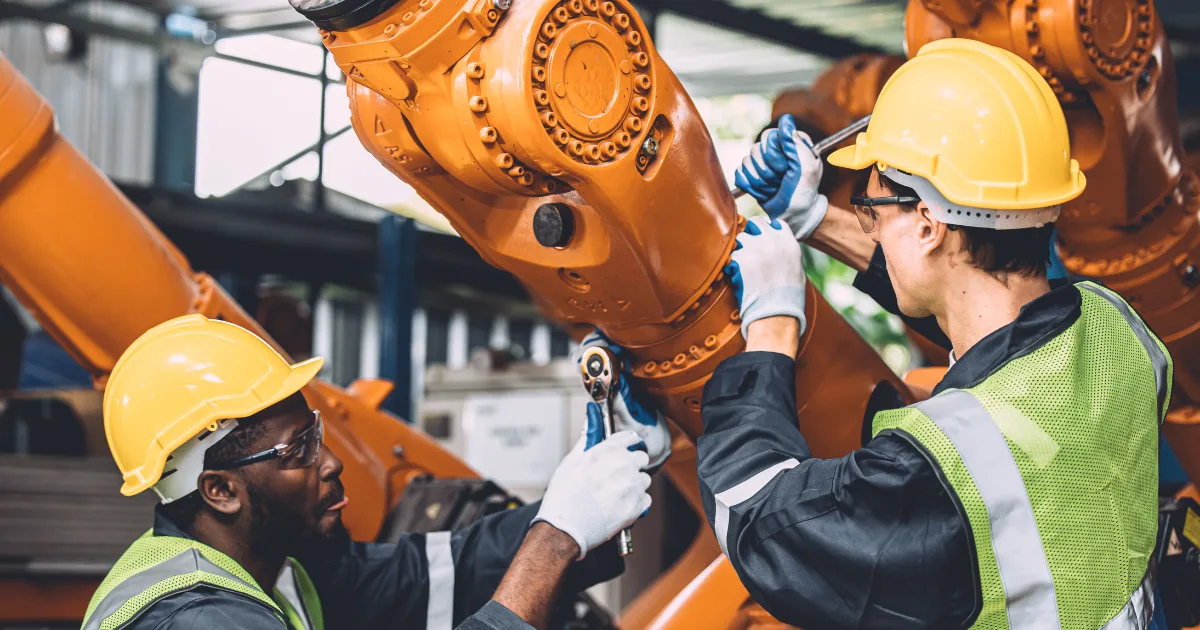In situations where common construction elements need to comply with fire directives and regulations, UltraCarb can provide PVC plastisols with such features.
PVC plastisols with UltraCarb
Customers use UltraCarb in PVC plastisols recipes to improve flame retardancy and smoke suppression. Some examples of end-products which benefit from UltraCarb are:
-
Industrial textiles; furniture coverings, synthetic leather
-
Wallpaper
-
Sealing compounds in automotive applications
-
Flooring
Regulations and directives demanding fire-resistant solutions
Building codes set the standards for fire safety and are under constant development to make building products safer for both consumers and the environment. To meet challenges for better flame retardancy and smoke suppression, UltraCarb might be just the right additive for formulation.
UltraCarb replaces other fillers and additives
The advantages of using fillers in PVC plastisols include:
-
cost reduction
-
stiffening
-
reduction of thermal expansion
-
reducing flammability
UltraCarb flame retardant fillers have average particle sizes around 1 micron and a specific gravity of 2.4. These charateristics make the substitution of non flame retardant fillers like calcium carbonate the first step towards improving flammability. Because UltraCarb is derived from natural deposits, it is also a cost effective substitute for traditional alumina hydrate (ATH) flame retardant fillers of similar particle size. 50 parts per hundred resin (phr) of UltraCarb is a typical and effective starting recommendation for a PVC plastisol with improved flammability.
Are you interested in what UltraCarb might add to your product? Please, contact your regional sales manager for datasheets, samples or other technical support.



